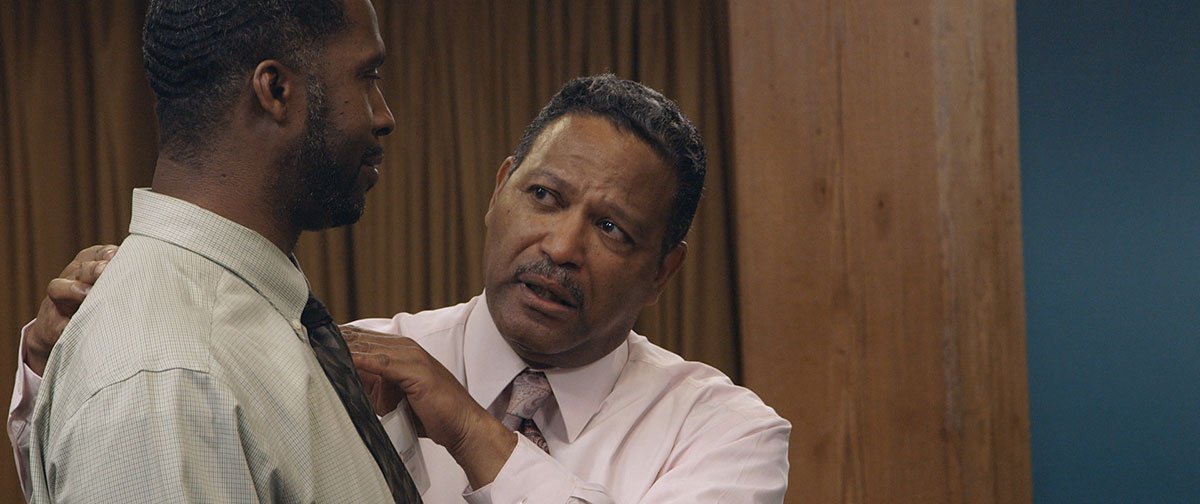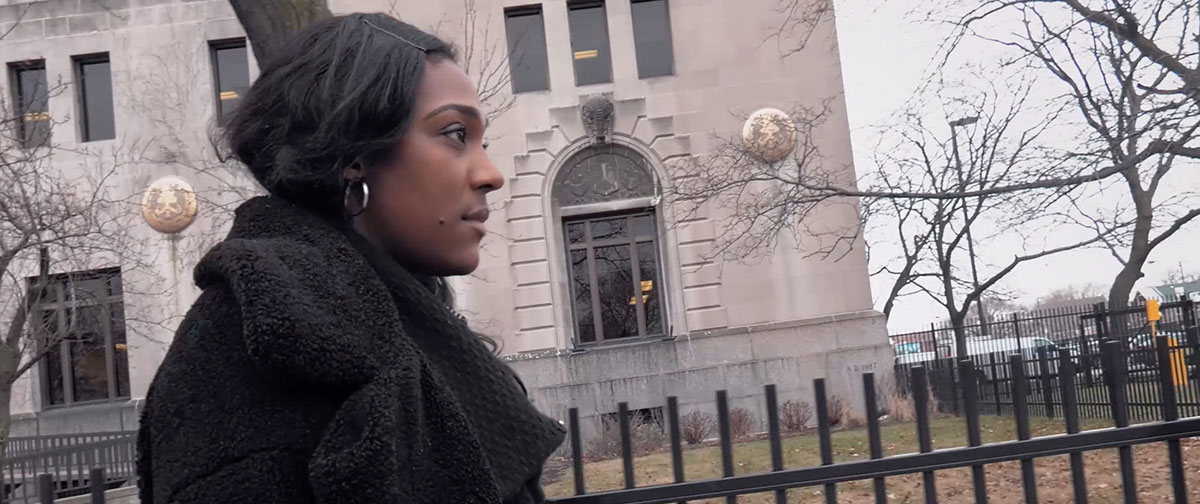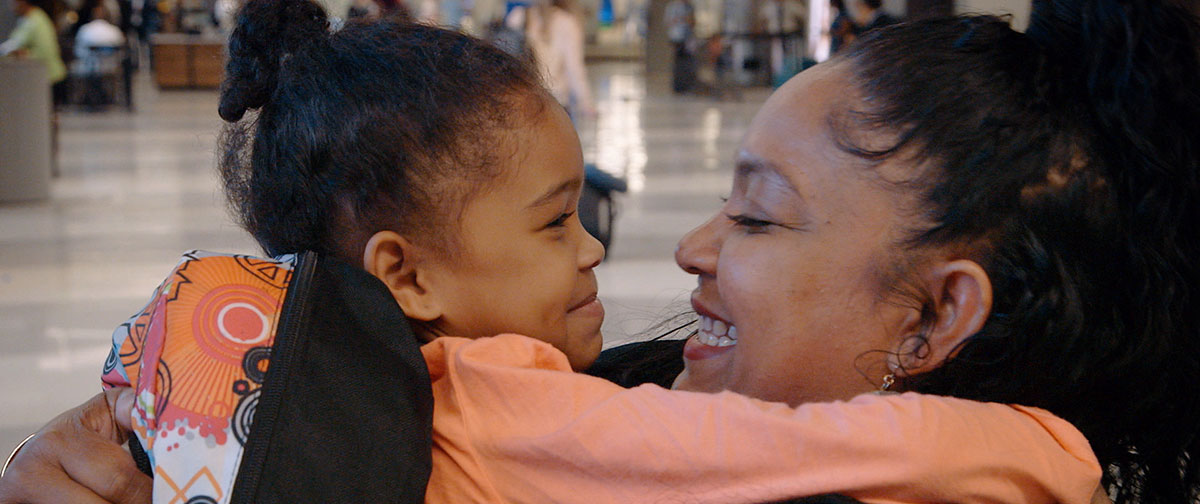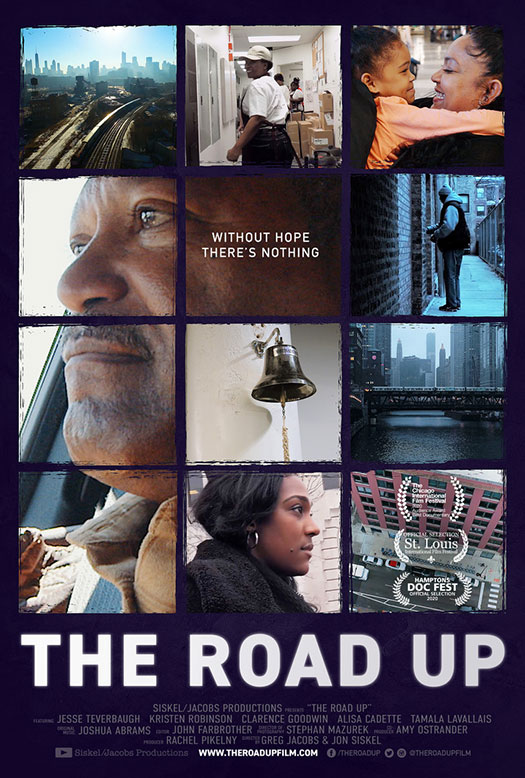Director Statement
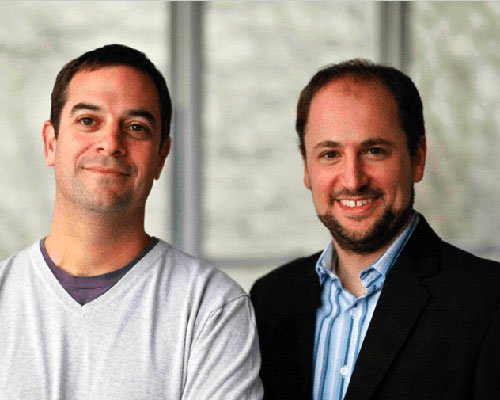 Greg Jacobs and Jon Siskel
Greg Jacobs and Jon Siskel
Directors
Greg Jacobs and Jon Siskel are the co-founders of Chicago-based Siskel/Jacobs Productions.
Most recently, Greg and Jon co-directed (with Danny Alpert) No Small Matter, the first feature documentary to explore the power and potential impact of early childhood education. Completed in late 2018, No Small Matter has already begun moving the needle on the issue at a national scale, through hundreds of screenings and an ambitious impact campaign.
Prior to No Small Matter, Greg and Jon produced and directed the documentary feature Louder Than a Bomb, which follows four Chicago-area high school poetry teams as they prepare to compete in the world’s largest youth slam. The winner of 17 festival prizes, including 10 audience awards, Louder Than a Bomb was hailed as “one of the 10 best documentaries of 2011” by Roger Ebert, and received a perfect 100% rating on rottentomatoes.com. In January of 2012, Louder Than a Bomb had its world television premiere on the Oprah Winfrey Network, as an official selection of the “OWN Documentary Club”. The film was also selected for the U.S. State Department’s 2011 American Documentary Showcase, and received the 2011 Humanitas Prize for documentaries.
In 2008, SJP produced the landmark History Channel special 102 Minutes That Changed America, which reconstructs—in real time—the events of 9/11 in New York City, using only sound and video from that morning. More than five million viewers tuned in to the premiere, making it the most-watched special in the network’s history, and the program has now been seen by over forty million viewers worldwide. 102 Minutes won three Primetime Emmys, including Outstanding Nonfiction Special, as well as the Most Innovative Program Award at the 2009 History Makers International Summit, a CINE Masters Series Award, a Silver Telly, and a FOCAL International Award. It was also named the Best Nonfiction TV Episode of 2008 by iTunes.
SJP produced six episodes of the “Witness” series for the National Geographic Channel, including Witness: Katrina, which won the 2011 News and Documentary Emmy for Outstanding Historical Programming. Jon and Greg also wrote, directed and produced Head On, a two-hour special about the obsessive subculture of “team demolition derby” in Joliet, Illinois, which aired on Discovery in December 2006.
In 2016, SJP produced the documentary Unexpected Justice: The Rise of John Paul Stevens, which premiered on WTTW in Chicago and aired on over 200 PBS stations around the country. Jon and Greg also served as the U.S. Executive Producers of 1916: The Irish Rebellion, a three-part documentary series narrated by Liam Neeson that commemorated the centennial of the Easter Rising. The series, which aired around the world in 2016, won the American Public Television Programming Excellence Award, along with the Irish Film and Television Academy’s award for best documentary series. In 2018, SJP served as Executive Producers on Grace, an award-winning documentary short directed by Rachel Pikelny.
Greg is a 2016-2017 New America Fellow and the author of Getting Around Brown, a history of school desegregation in his hometown of Columbus, Ohio. Jon is the former board president of Free Spirit Media, a Chicago youth media organization, and a graduate of Beloit College.

